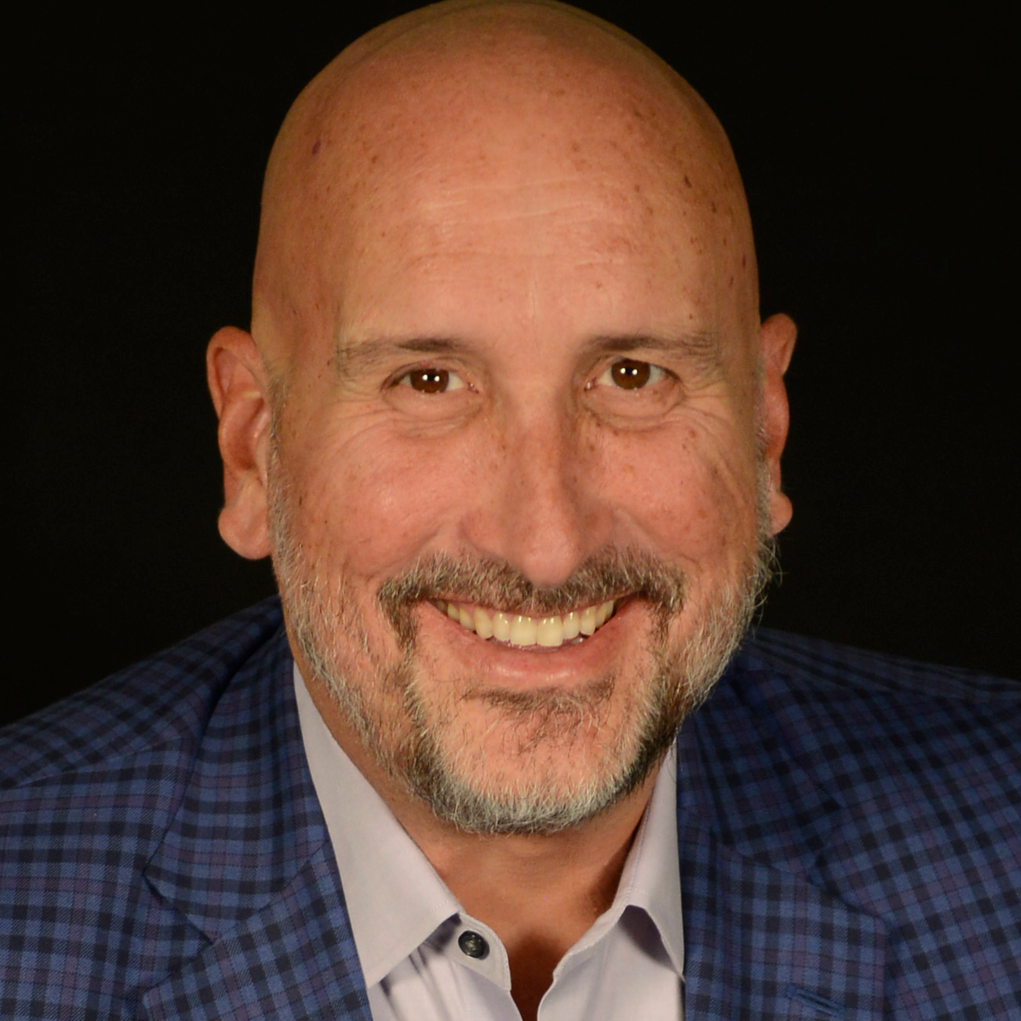Are you looking to amplify your leadership and influence? Are you looking for impactful leadership tools for these uncertain times? Are you wondering what it means to lead with an agile leadership mindset?
Our special guest Rikki Schwartz answers these and other questions about agile leadership, the power of influence and building a culture of performance.
Rikki Schwartz is the President, trainer and coach at the Center for Agile Leadership®, a company that teaches leaders how to integrate the principles and tenets of Agile philosophy into their leadership styles. Rikki joined The Center For Agile Leadership® in 2018 after spending nearly 20 years in leadership training and development at a multi-billion waste management company.
Rikki is also a Certified Life Coach and founder of My Turn Life Coaching, which has served as a perfect extension to her existing passion to help folks be better leaders of their own lives (personal and professional). Rikki also hosts her radio show – “My Turn Life Coaching-Reclaim Your Life” – interviewing life transformation experts on Transformation Talk Radio.
Leadership Junkies Podcast is brought to you by Cardivera.com.
Show Notes
Episode highlights…
- What does it mean to be an agile leader and to have an agile mindset as a leader?
- Differences between leadership and management, especially with respect to projects
- Positional leaders should steer away from managing people or projects (instead empower your managers)
- Leadership means being the one who influences people (differences between positional power and the power of influence) .. the best leaders use the power of influence, because influence is about persuading, it’s not about forcing
- Influence requires trust, transparency, authenticity, and relationship
- One key shift for agile leadership is from command and control to servant leadership
- Agile leadership is not about methodology and tools (it’s about being agile more than doing agile)
- The importance of failing forward in agile leadership including celebrating failures and learning
- Situational awareness, cultural awareness and self-awareness are key to agile leadership
- The importance of vulnerability and transparency in agile leadership
- Influence requires personal connection, which requires being a human being and being willing to show people what that human being is
- Vulnerability is the most important thing to being an effective influencer and agile leader (and what it means to be vulnerable as a leader)
- What does it mean to create a true agile culture
- Leaders don’t change a culture, they influence it (what it takes to influence cultural change)
- What it takes to have self-organized and self-managing teams as part of agile leadership (and the role of team empowerment)
- The role of the upside down organization chart in an agile leadership culture
- Let your people closest to the issues make the decisions
- Hiring as an agile leader is about fit more than experience
- Beware focusing your time and energy on your poorest performers
- If you put someone on a personal improvement plan (PIP) you must follow up, check in and assess their performance and improvement
- The trouble with annual performance reviews
Resources:
- Rikki Schwartz (schwartz@centerforagileleadership.com)
- Center for Agile Leadership Website
- My Turn Life Coaching (free first session)
- Brain Trust Group Website
- My Turn Life Coaching with Rikki Schwartz – Reclaim Your Life Radio Show
- Cardivera
Special Guest

Rikki Schwartz
President of the Center for Agile Leadership®
Your Hosts

Jeff Nischwitz
Author, speaker, coach, consultant, and
Chief SHIFT Officer of Cardivera

Craig Mathews
Strategist, innovator, consultant, and
CEO of Cardivera






Leave A Comment